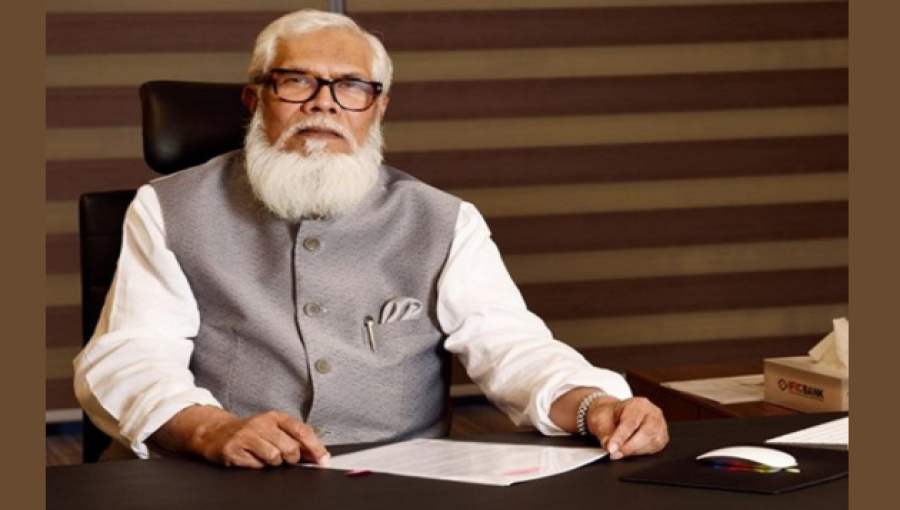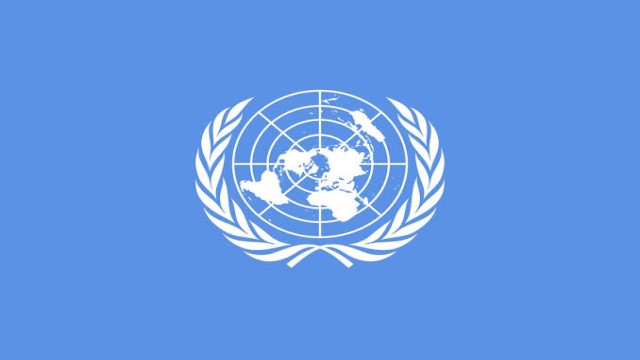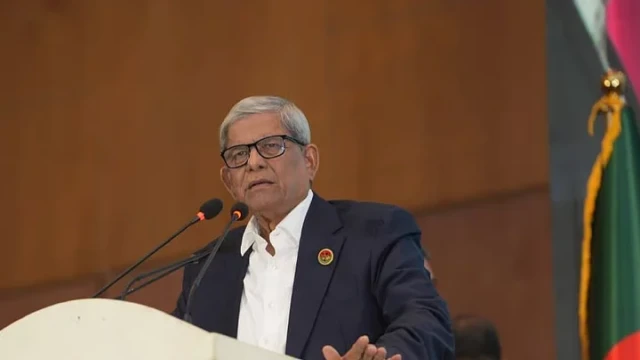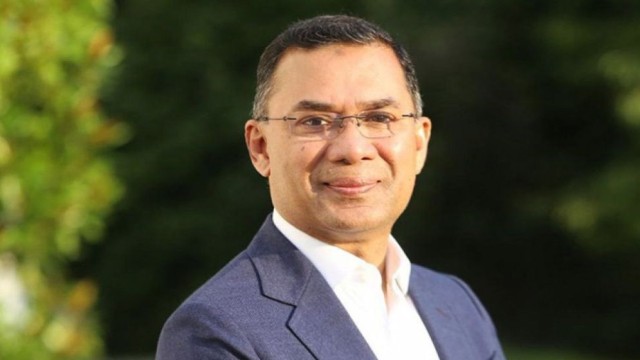Prime Minister's Private Industry and Investment Adviser, Salman F Rahman, emphasized Bangladesh's rapid progress towards establishing a digital and cashless society at a roundtable organized by ICC Bangladesh in collaboration with ICC DSI of the International Chamber of Commerce. The event, held at Dhaka Sheraton, highlighted the transformative potential of paperless trade for economies worldwide.
Sponsored by ADB TSCFP along with the US Department of State (US DoS) and ITFC of the Islamic Development Bank, and with Standard Chartered Bank as the Knowledge Partner, the roundtable underscored the significant advancements in digitalization under the leadership of Prime Minister Sheikh Hasina.
Salman F Rahman noted the importance of interoperability in digitalization and acknowledged that successful international digital trade relies on reforms from other countries as well. He pointed out the challenges posed by increasing protectionism from developed countries like the United States and Europe, and the growing concerns over cyber defense with the rise of technologies like artificial intelligence.
Mahbubur Rahman, President of ICC Bangladesh, who chaired the programme, discussed the efficiency, cost reduction, and market access benefits of digitalization. He introduced the Digital Standards Initiative (DSI), a global effort based in Singapore, supported by the Asian Development Bank and the World Trade Organization. He highlighted the significant potential for digital trade solutions, such as electronic bills of lading (eBLs), to reduce administrative costs, speed up transactions, and reduce fraud risks through digital authentication.
Citing a McKinsey study, Mahbubur Rahman mentioned that 100% adoption of eBLs could unlock $30-$40 billion in global trade growth by reducing trade friction, save 28,000 trees annually, and significantly cut carbon emissions. He also noted that Bangladesh ratified the UNESCAP Framework Agreement on Facilitation of Cross-Border Paperless Trade in 2020.
Edimon Ginting, Country Director of the Bangladesh Resident Mission at the Asian Development Bank, emphasized that effective digitalization of trade will increase growth and create jobs by expanding access to global trade networks for developing economies.
Rupa Chanda, Director of Trade, Investment, and Innovation Division at UNESCAP, highlighted the benefits of digital trade for Bangladesh, predicting a reduction in trade costs by 11-12% and an additional $0.6 billion in exports through digital trade processes.
Iftekhar Alam, Regional Head for South & South East Asia at the International Islamic Trade Finance Corporation (ITFC), spoke about efforts to streamline trade for major cotton-importing countries like Bangladesh. Muhammad A (Rumee) Ali, Chairman of ICC Bangladesh Banking Commission, delivered the welcome address, stressing the role of digitalization in modernizing trade infrastructure.
Lawmaker A K Azad, Vice President of ICC Bangladesh, concluded the event by emphasizing the importance of digitalization in reducing operational costs and enhancing trade efficiency, aligning with Bangladesh's aim to become a middle-income country by 2026.






























Comment: